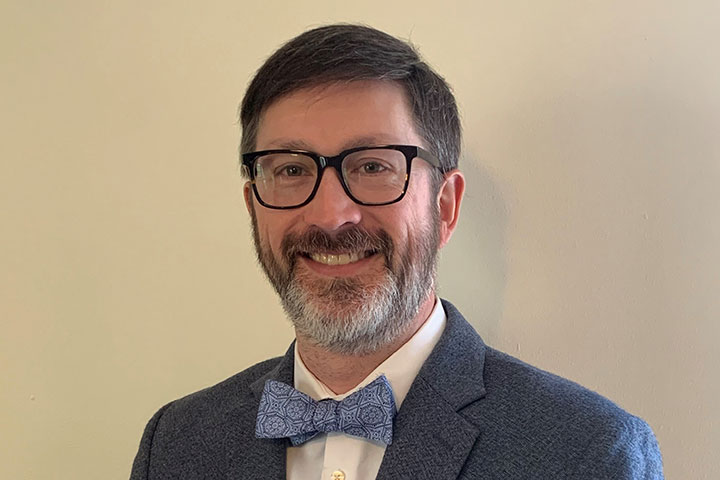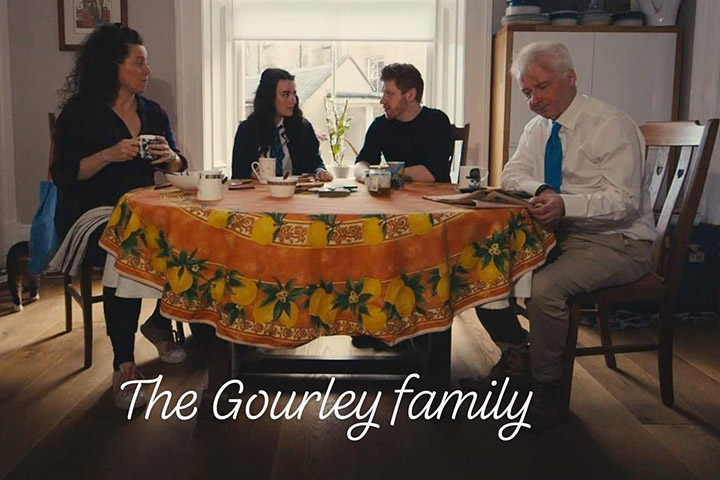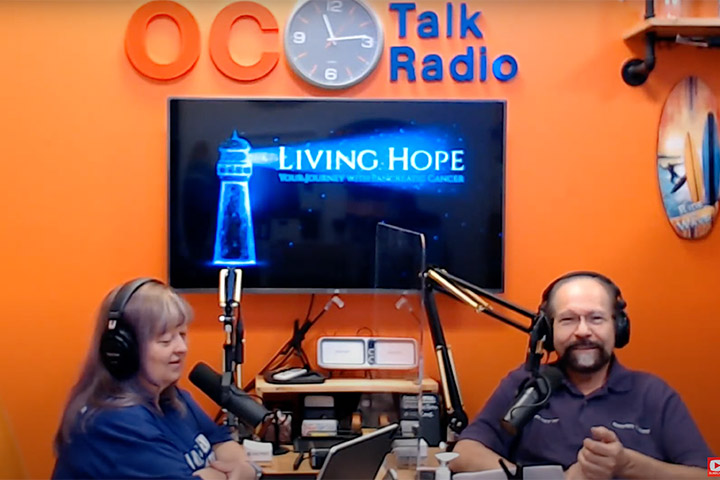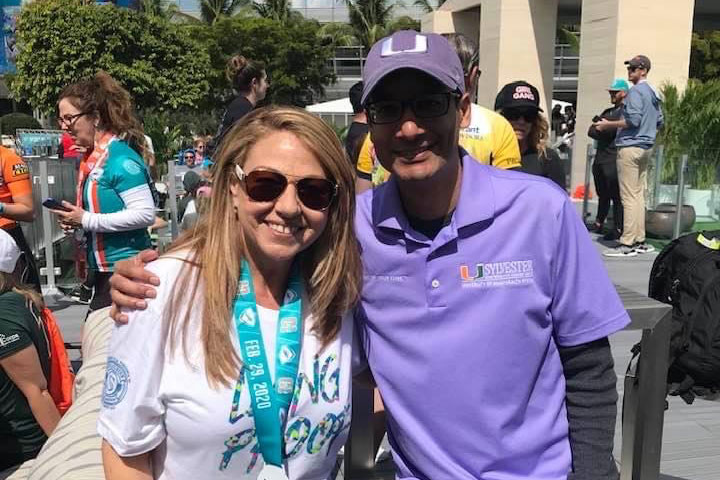The Association of Community Cancer Centers (ACCC) Fights for Equitable Cancer Care

When you have a difficult-to-detect disease, and one that’s challenging to treat, access to the highest quality care can be a game changer.
That’s why the Association of Community Cancer Centers (ACCC) works hard to arm community providers with the tools to ensure that patients get the care they deserve while remaining close to home.
“Often, when we hear community oncology talked about, there’s a perception that the care delivered is somehow ‘less than,’” says Leigh Boehmer, PharmD, BCOP (Board Certified Oncology Pharmacist) , Chief Medical Officer of ACCC. “But the highest quality care happens when providers help patients navigate the system—and that’s exactly what community cancer care teams are trained to do.”
Founded in 1974, ACCC brings together a powerful community of more than 34,000 multidisciplinary practitioners and 1,700 cancer programs and practices across the nation. In fact, 60 to 80 percent of cancer care happens in a community oncology program or practice. So it is vitally important that these practitioners have access to the latest information about all cancers.
Leading the Charge toward Equitable Care
ACCC members receive education, resources, and advocacy support to adapt to the changes and challenges inherent in delivering quality cancer care. The organization aims to help community oncologists access the tools, information, and technology necessary to deliver the highest level of care to patients where they are.
“This level of care shouldn’t be available exclusively in academic centers of excellence. It needs to be in the communities where people want to receive their care,” explains Boehmer. In fact, a key focus for ACCC is to achieve more equitable cancer care delivery, an issue that’s personally meaningful to Boehmer.
Born and raised in a small town in Iowa, Boehmer was diagnosed with metastatic testicular cancer when he was 22 years old. “I was away from home for the first time, in college,” Boehmer says. “I didn’t have a clinical pharmacist as part of my community cancer care team, or a patient advocate. And I thought to myself, ‘I can be a pharmacist. I can be an educator. I can be an engaged community health worker. I can help to make other people’s experiences more optimized than my own.’”
As Chief Medical Officer of ACCC, an organization whose mission is to be the leading education and advocacy organization for the cancer care community, Boehmer has far surpassed that goal. Since ACCC manages 23 Oncology State Societies, the organization has an even deeper knowledge of state-specific, regionally-specific cancer practice patterns, which provides an ideal framework to identify best practices.
A Clearinghouse for Providing Compassionate Care
As a leader in education and advocacy, ACCC develops initiatives, programs, and resources to ensure that community oncologists are equipped to follow best practices for cancer care—and that includes addressing key areas of growth. The organization leads by example in the following ways:
- Inviting patients to the table. When ACCC creates materials for dissemination into patient communities, patient representatives always have a voice at the table. They ensure that the organization raises awareness about all cancers, not just the big four (lung, colorectal, prostate, and breast), which in turn helps community oncologists diagnose less common cancers and treat them effectively.
- Prioritizing equity at all levels. From elevating community physicians as equal research partners with their academic colleagues, to building diverse leadership and treatment teams, to ensuring equitable access to quality comprehensive cancer care for all—including clinical trials—ACCC makes diversity, equity, and inclusion a top priority. “Potentially life-saving treatments should be accessible to everyone, regardless of race, geography, age, ability to pay, or any other number of variables,” comments Boehmer.
- Paying attention to less common cancers. ACCC is committed to providing members with clinical practice updates, training, and resources to help uncover hard-to-treat cancers—like pancreatic cancer—at earlier stages, when they’re easier to treat. “Community oncology multidisciplinary care teams may need more resources to optimize care for these patients than those in academic centers,” Boehmer says. “So we’re looking at how we can improve awareness and education for community clinicians in these spaces.”
- Deploying navigators. Navigating cancer is a herculean task, and ACCC is pushing for federal acknowledgment of appropriate reimbursement to help patients mitigate the social, mental, and financial hardships inherent in battling cancer. “ACCC has a really engaged membership, including roughly 4,000 financial advocates,” Boehmer adds. “We support the critical role of navigators for everything from biomarker testing and clinical trial access to treatment and post-treatment care.”
- Focusing on advocacy. ACCC has worked tirelessly to overcome reimbursement difficulties related to off-label uses of FDA-approved drugs and to advocate for patients who are denied access to potentially life-saving therapies. In addition to financial advocacy, ACCC continues to promote patient-centered care with education in areas ranging from patient navigation to survivorship.
“Community oncologists and multidisciplinary care teams are some of the most innovative, creative, and passionate people in healthcare,” Boehmer says. “They’re often less specialized in a particular type of cancer, and they do more with less. The infrastructure is there for us to learn from each other and grow together.






